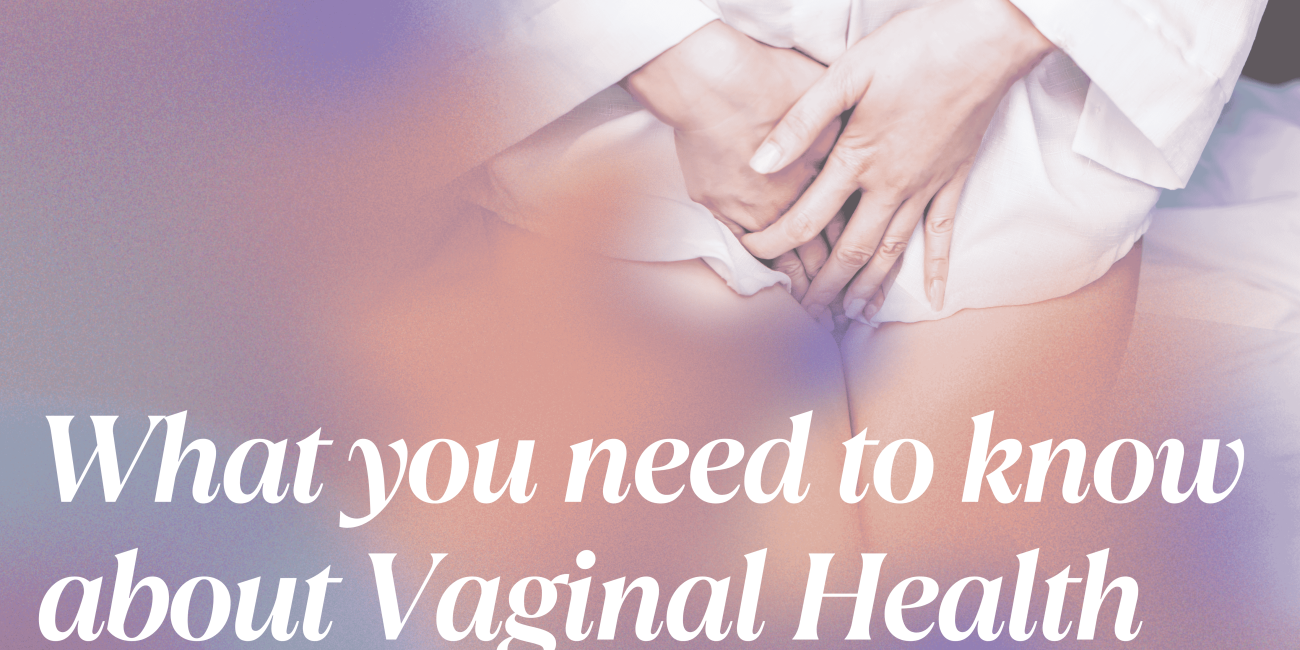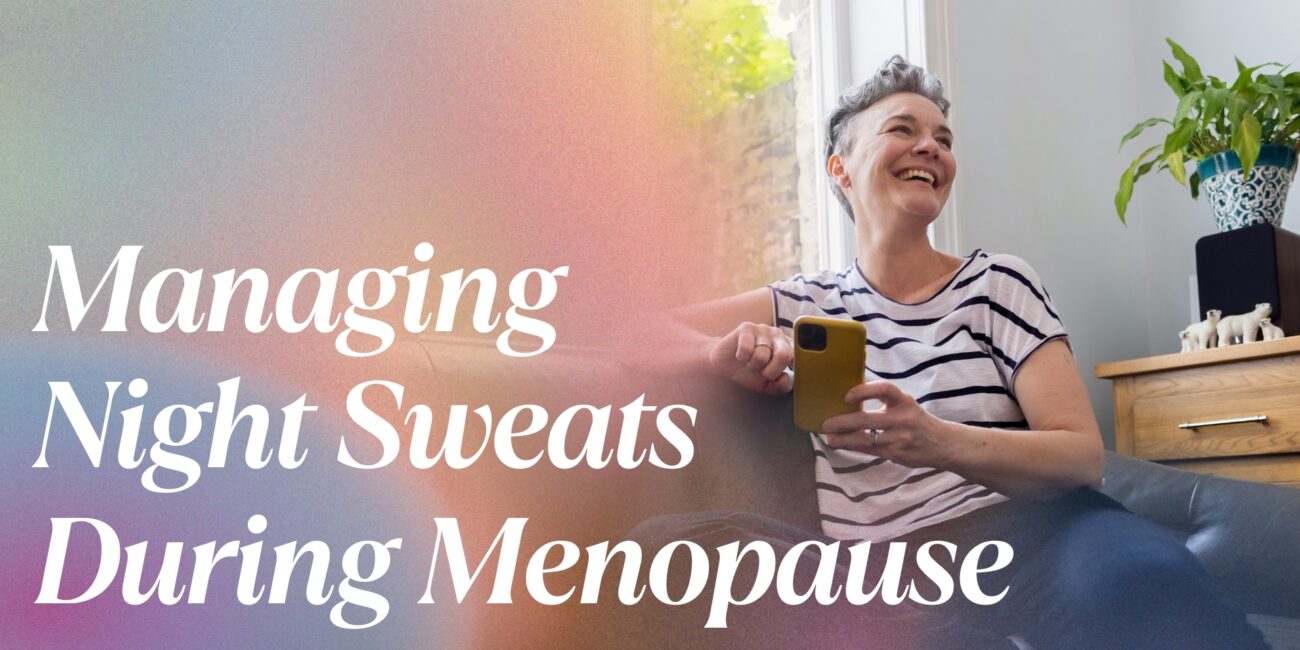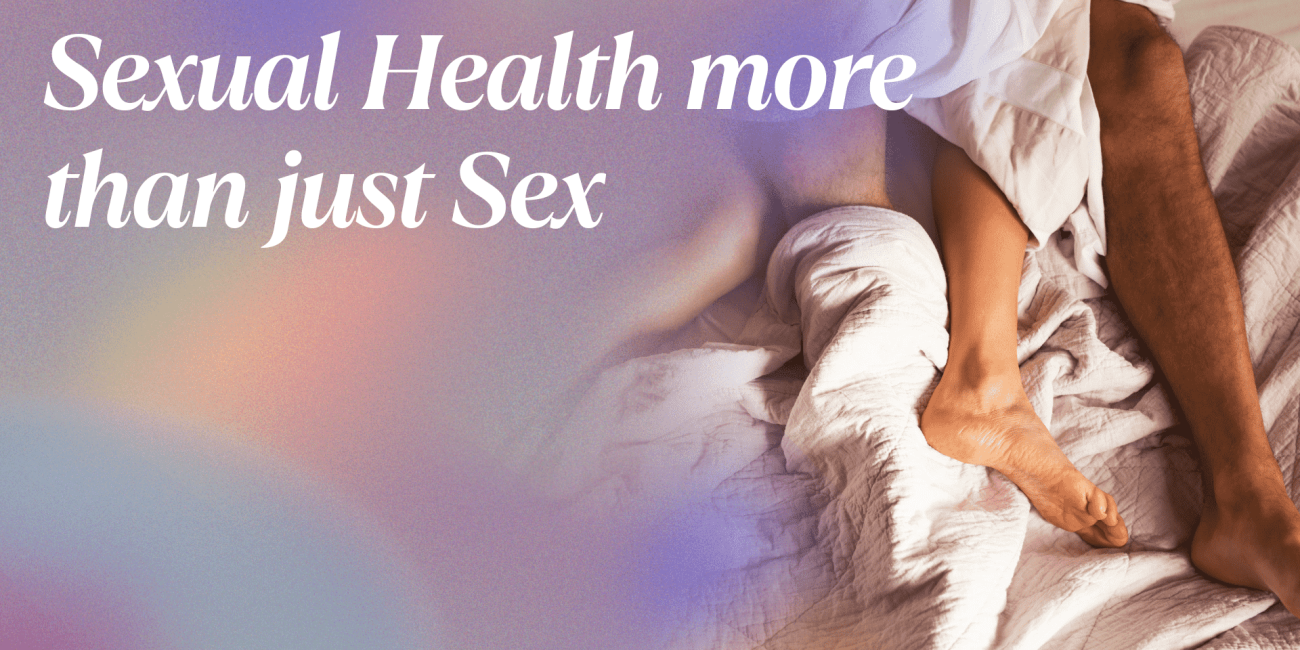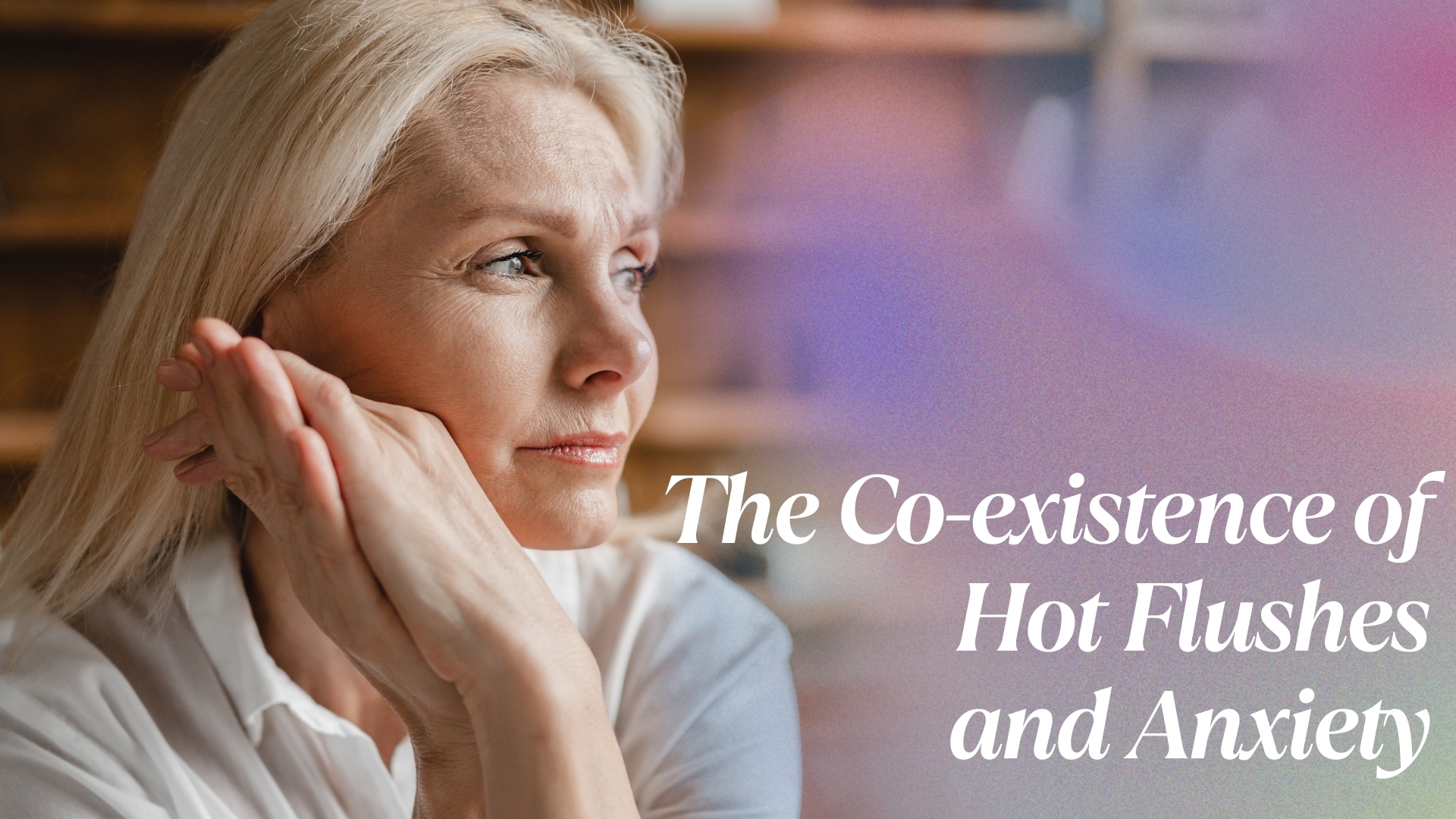In the world we live in, anxiety is at every corner, though anxiety is considered an emotion just like any other, to define anxiety it is a fusion of tension and worrisome thoughts that at times lead to heart issues and increased blood pressure; so what’s the connection between Hot Flushes and Anxiety? Does my anxiety lead to Hot Flushes ? or is it the other way around? Most people associate Hot Flushes with perimenopause, but do you know that common symptom is closely related to Anxiety?
For ages together, the stereotype of women in their 40s experiencing sudden rushes of heat had become more common, overshadowing the significant physiological changes of perimenopause.
It’s not just about Hot Flushes.
Hot Flushes aren’t the only symptoms women are dealing with, which brings us to the conclusion of how anxiety plays a significant role too. Countless researchers have concluded that there is a strong link betweenHot Flushes and Anxiety, yielding astonishing findings.
In a notable study conducted during 2005, tracking over 400 premenopausal women for six years, a correlation emerged between hot flushes and anxiety. Surprisingly, individuals with anxiety were found to be up to 5X more prone to experiencing hot flushes.
Fourteen years later when analysing the same subjects’ symptoms reaffirmed a robust connection between anxiety and hot flushes, highlighting a noteworthy distinction in the type of anxiety experienced.
So What Type of Anxiety makes me prone to Hot Flushes?
Which type of anxiety could make you more vulnerable to experiencing hot flushes? A question that lingers in the mind of many women prone to menopause, and here’s the answer:
While emotional stress, referred to as affective anxiety, doesn’t appear to intensify the risk, it’s the physical symptoms of anxiety—called somatic anxiety— that may level up the heat. If you find yourself dealing with symptoms like an upset stomach, a racing heart, a pounding headache, or bouts of dizziness, it might be worth paying attention to any sudden surges of heat you experience.
What are the potential triggers for Hot Flushes in Individuals experiencing Anxiety?
Hot flushes and anxiety can have a complex relationship, sometimes triggering each other and creating a frustrating cycle. Here’s a breakdown of the potential triggers for each:
Triggers for Hot Flushes:
● Hormonal fluctuations: Hormonal issues act as the primary
cause, especially during perimenopause and menopause when the
estrogen levels tend to decline.
● Stress: The body’s “fight-or-flight” response is a natural reaction to perceived threats. It triggers physiological changes like increased heart rate, elevated blood pressure, rapid breathing, dilated pupils,sweating, and suppressed digestion. These changes prepare the body for action, either to confront the threat (fight) or escape from it (flight), when triggered by stress, it can cause physical changes similar to hot flushes, like increased heart rate and blood flow.
● Certain medications: Some medications, like antidepressants and certain cancer treatments, can list hot flushes as a side effect.
● Spicy foods and caffeine: These can raise body temperature and trigger hot flushes in some individuals.
● Alcohol consumption: Alcohol can interfere with thermoregulation, making it harder for the body to maintain a constant temperature.
Triggers for Anxiety:
● Hot flushes: The sudden surge of heat and physical changes during a hot flush can be stressful and trigger anxiety in some individuals.
● Fear of hot flushes: The anticipation or fear of experiencing a hot flush can itself trigger anxiety, creating a self-fulfilling prophecy.
● Stress and life events: Stressful life events, like job changes, relationship problems, or financial difficulties, can worsen anxiety symptoms.
● Medical conditions: Certain medical conditions, like thyroid problems or heart disease, can actively contribute to anxiety.
● Genetics: Some people are more genetically predisposed to experiencing anxiety than others.
What are the expert lifestyle tips for managing Hot Flushes and Anxiety ?
Let’s explore some lifestyle tips for managing both hot flushes and anxiety. By integrating these strategies into your daily routine, you can ease the symptoms and enhance your overall well-being:
- Relaxation Techniques: Dedicate time each day to relaxation practices like deep breathing exercises, meditation, or even yoga. These activities promote stress reduction and cultivate a sense of calm, which ultimately help lessen both hot flushes and anxiety.
- Healthy Eating Habits: Choose a well-balanced diet filled with fruits,vegetables, whole grains, and lean proteins. Reduction in the intake of spicy foods, caffeine, and alcohol, acts as a plus as they can trigger hot flushes and intensify the anxiety symptoms.
- Regular Exercise: Incorporate physical activity into your routine, such as brisk walking, swimming, running or cycling. Exercise is known to reduce stress, uplift mood, and lessen the frequency and severity of hot flushes.
- Prioritize Sleep: Establish a consistent sleep schedule, create a relaxing bedtime routine, and stick to it. A good night’s sleep is crucial for managing both hot flushes and anxiety.
- Social Support: Stay connected with friends, family, or support groups. Sharing experiences, receiving encouragement, and finding emotional support during challenging times can significantly ease symptoms and enhance coping mechanisms.
By embracing these lifestyle adjustments, you’ll empower yourself to navigate the challenges of hot flushes and anxiety with resilience and confidence.
Resources:
- Anxiety and hot flashes: Link, causes, and how to cope: https://www.medicalnewstoday.com/articles/anxiety-hot-flashes
- Menopause, Hot Flashes & Anxiety: https://www.medicalnewstoday.com/articles/anxiety-hot-flashes
- Hot Flashes: Is It Menopause or Anxiety?: https://pubmed.ncbi.nlm.nih.gov/16186074/





 No products in the cart.
No products in the cart.